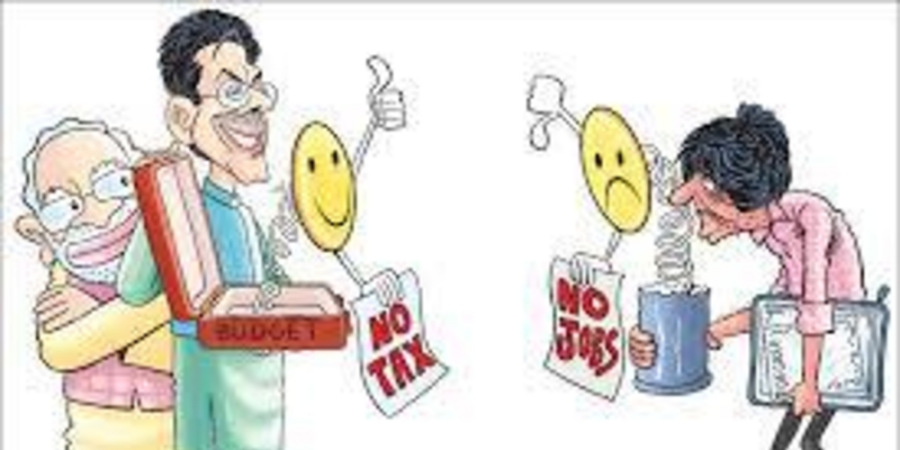

Unemployment remains one of the most significant challenges for India, a nation with a burgeoning population and immense potential for economic growth. The issue of unemployment is not just an economic concern but also deeply intertwined with the political landscape of the country. Politics in India often shapes, and is shaped by, unemployment trends, policies, and public sentiment. This article delves into the intricate relationship between politics and unemployment in India.
India’s unemployment rate has fluctuated over the years, influenced by global economic conditions, domestic policies, and structural issues in the economy. Despite being one of the fastest-growing economies in the world, the country struggles with job creation that matches the aspirations of its young and diverse population.
Election Rhetoric and Promises:
Political parties in India often center their campaigns around employment. Promises of job creation resonate strongly with voters, especially in economically stressed regions. Programs like “Make in India” and “Startup India” were launched to address employment concerns but have faced criticism for inadequate implementation.
Policy Decisions:
Governments, both at the central and state levels, play a crucial role in shaping employment policies. However, political considerations often influence these policies. Short-term populist measures may gain votes but fail to address long-term structural issues like skill development and labor market reform.
Job Reservations:
The demand for job reservations, particularly in the public sector, has been a politically sensitive issue. Various caste and regional groups often press for increased quotas, which becomes a focal point during elections, further politicizing unemployment.
Privatization and Labor Reforms:
Political ideologies significantly impact policies related to privatization and labor market flexibility. While liberalization in the 1990s opened up new avenues for employment, it also led to job insecurity in certain sectors. Balancing worker rights and industry needs continues to be a contentious issue in political discourse.
Skill Gap:
While India produces millions of graduates annually, many lack industry-relevant skills, creating a mismatch between demand and supply in the job market.
Informal Economy:
A large part of India’s workforce is employed in the informal sector, which is characterized by low wages, lack of job security, and minimal social benefits. Political efforts often overlook this sector due to the focus on formal job creation.
Political Instability:
Frequent changes in government and policy direction hinder long-term strategies for addressing unemployment. The politicization of employment statistics and programs often leads to a lack of transparency and accountability.
Focus on Education and Skills:
Politicians and policymakers must prioritize education reforms and skill development programs to make India’s workforce globally competitive.
Strengthening Small and Medium Enterprises (SMEs):
SMEs are critical for job creation. Policies that provide easier access to credit and reduce regulatory burdens can help this sector thrive.
Encouraging Public-Private Partnerships:
Collaborative efforts between the government and private sector can address infrastructure bottlenecks, promote industrial growth, and create jobs.
Inclusive Policies:
Addressing regional disparities and ensuring that marginalized groups are integrated into the job market is essential for equitable growth.
Unemployment in India is a multifaceted issue that requires a balanced approach combining economic, social, and political strategies. While politics often drives the narrative around employment, it is imperative for leaders to focus on sustainable and inclusive policies. The challenge is not just about creating jobs but ensuring meaningful employment that uplifts the quality of life for millions. Only with a long-term vision and political will can India transform its demographic potential into a powerful economic advantage.
